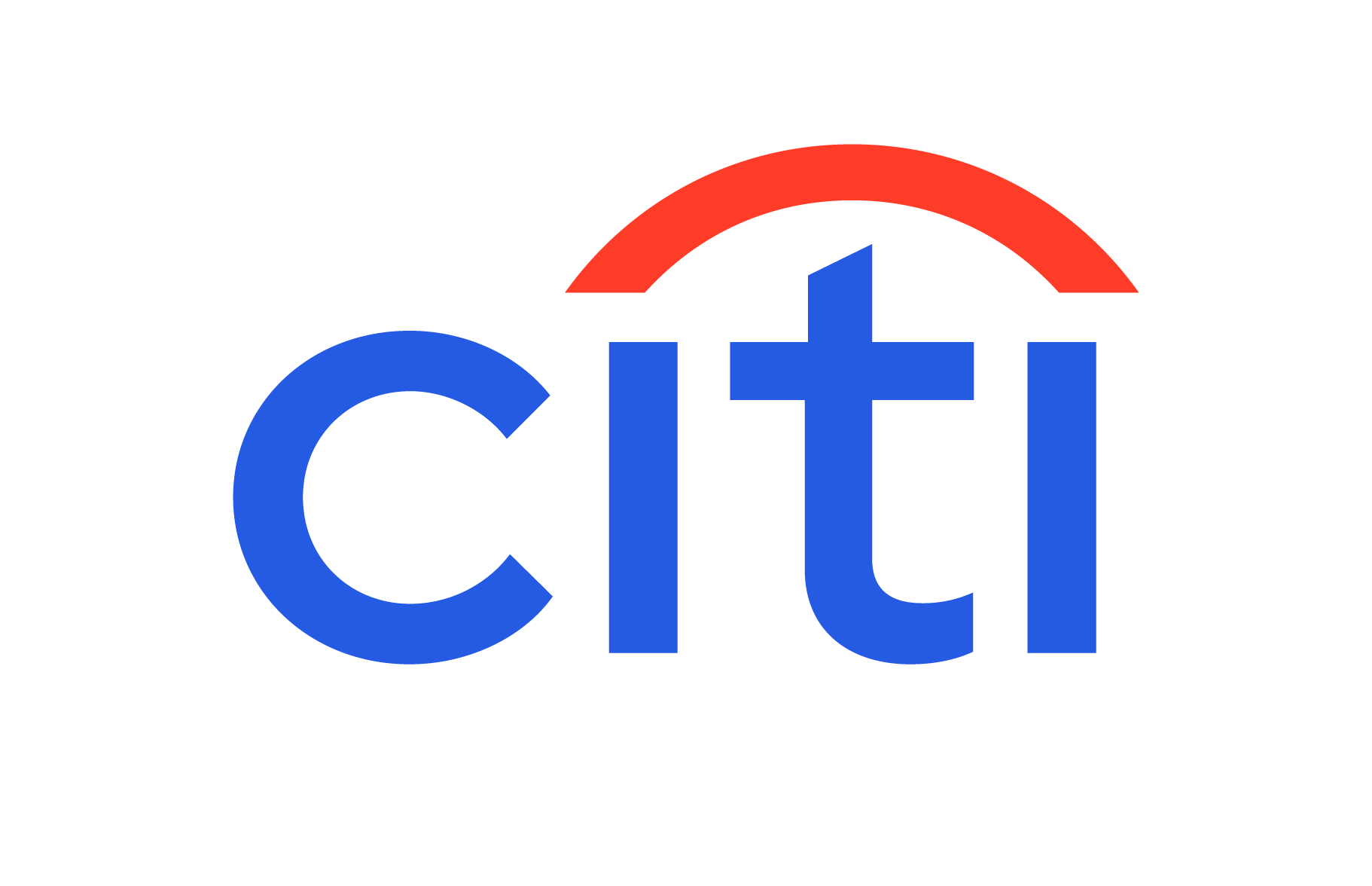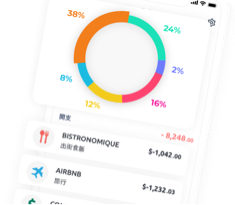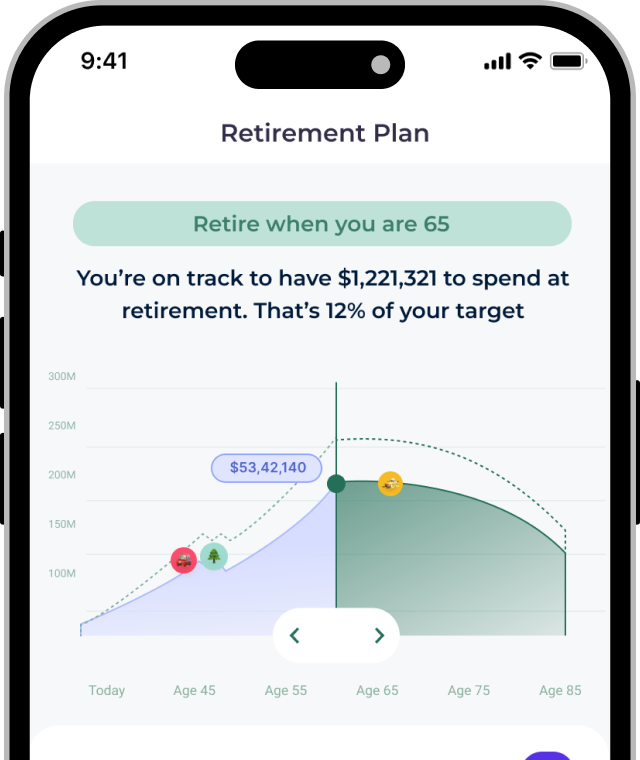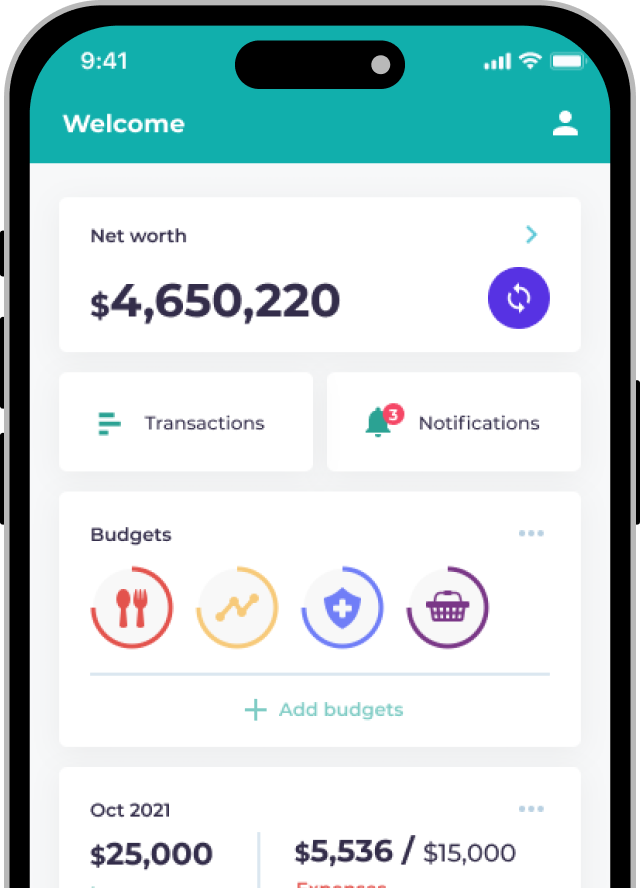How to Choose the Best Hong Kong Stock Broker Account?
Stock investment is the first step into the financial world for many people, and opening a securities account is where that journey begins. In Hong Kong, both banks and brokerage platforms offer local stock trading services, but their fee structures vary significantly. Choosing the most cost-effective account provider is worth careful consideration.
Comparison of Hong Kong Stock Investment Accounts – Fees & Welcome Offers
Whether you’re investing in Hong Kong or U.S. stocks, brokerages generally offer more competitive fees than traditional banks. They provide lower commissions and admin charges, along with robust tools such as real-time market data, sector analysis, and stock screening features that can support informed decision-making.
For example, if an investor allocates HK$20,000 per month across five trades, using a mainstream bank would cost around HK$525 monthly, whereas using a low-cost broker could bring the cost down to HK$100. That’s a saving of about HK$425 per month, or up to HK$51,000 over 10 years (HK$425 x 12 months x 10 years).
If those savings were reinvested at a 6% annual return, investors could potentially accumulate an additional HK$70,000 over a decade. For long-term investors, choosing a low-fee platform can yield significant financial benefits.
Of course, traditional banks still appeal to some investors due to their brand reputation, physical branches, and integrated financial services. Investors should choose a platform based on their own financial goals and habits.
How to start investing in 3 steps
Introduction to the Hong Kong Stock Market
The Hong Kong Stock Exchange (HKEX) is one of Asia’s major international financial hubs, connecting Chinese and global capital markets. As of March 2025, HKEX listed around 2,600 companies with a total market cap of HK$40 trillion—up 32% from the previous year. The average daily turnover was HK$280.2 billion, reflecting strong liquidity.
HKEX operates two markets: the Main Board and GEM (Growth Enterprise Market). The Main Board serves established companies, including blue chips, H-shares (mainland Chinese firms listed in HK), and red chips (mainland-backed but incorporated overseas). These firms usually have stable profits and large market caps, and play a central role in indices and institutional portfolios.
In contrast, GEM supports smaller, high-growth companies with lower entry thresholds and looser profit requirements. It suits sectors like tech and healthcare but has less liquidity and lower market impact.
HKEX has also launched several reforms recently, including dual-primary listing rules, a SPAC framework, and initiatives to attract Chinese companies to list in Hong Kong, solidifying its role as a global finance center.
Hong Kong’s 3 Major Stock Indices
- Hang Seng Index (HSI): Established in 1969, the HSI is the most recognized benchmark of Hong Kong stock market performance. It covers 83 of the largest, most liquid stocks, including blue chips, H-shares, and red chips. To prevent overconcentration, each component is capped at 8% weighting. The index is reviewed quarterly.
- Hang Seng China Enterprises Index (HSCEI): Launched in 1994, the HSCEI tracks the performance of major Chinese enterprises listed in Hong Kong. It is a key indicator for mainland-related stocks and a reference point for global funds allocating to China. It consists of 50 constituents and is also reviewed quarterly.
- Hang Seng Tech Index (HSTECH): Introduced in 2020, this index tracks 30 leading tech companies listed in Hong Kong. It includes internet, fintech, e-commerce, cloud, and smart device firms and is seen as Hong Kong’s equivalent of the NASDAQ.
How Are Trading Units Calculated in Hong Kong?
Stocks in Hong Kong are traded in “board lots,” where each lot consists of a set number of shares defined by the company. The minimum amount needed to purchase one lot—known as the “entry cost”—is calculated as:
Board lot size × Share price + Transaction fees
For example, if MTR Corporation has a board lot size of 500 shares and the share price is HK$45.10, the base cost is HK$22,550. After adding fees, the total entry cost comes to about HK$22,800. This amount must be paid upfront when placing a buy order.
Understanding board lot sizes and entry costs helps investors manage capital more efficiently, especially when buying in batches or starting out.
Hong Kong Stock Transaction Fees and Taxes
Besides the share price, investors must also pay fees and taxes to various entities:
| Fee Type | Rate | Notes |
| Brokerage commission | Varies by firm | Brokers generally charge less than banks. |
| SFC transaction levy | 0.0027% of transaction | Paid to the Securities and Futures Commission. |
| HKEX trading fee | 0.005% of transaction | Paid to Hong Kong Stock Exchange. |
| Government stamp duty | 0.1% of transaction | Charged by the Hong Kong government. |
| Trading system fee | HK$0.5 per trade | Often waived by brokers. |
| CCASS settlement fee | 0.0042% of transaction | Collected by HKSCC; min/max limits to be removed by mid-2025. |
Hong Kong Stock Trading Hours
Stock trading in Hong Kong is conducted Monday to Friday (excluding public holidays) across the following sessions:
- Pre-opening auction: 9:00am – 9:30am
- Morning session: 9:30am – 12:00pm
- Extended morning session: 12:00pm – 1:00pm
- Afternoon session: 1:00pm – 4:00pm
- Closing auction: 4:00pm – 4:10pm
Note: On Christmas Eve, New Year’s Eve, and Lunar New Year’s Eve, only the morning session is conducted.
Additional Stock Investment Basics
A stock represents partial ownership of a company. Shareholders may receive dividends and voting rights but also bear price volatility risks.
The P/E ratio = Share Price / Earnings per Share. It reflects how long it takes to earn back the investment. A HK$30 stock with HK$3 EPS has a P/E of 10.
Dividend yield = Annual dividend ÷ Share price. For example, HK$2 dividend and HK$40 price equals 5% yield. It shows income return, but a high yield may be due to falling stock prices.
The payout ratio shows how much profit is returned to shareholders. Higher ratios appeal to income-focused investors. Special dividends may inflate short-term ratios.
ETFs (passive ETF) usually track indices such as the Hang Seng Index. They can span stock, commodity, or regional markets.
REITs invest in income-generating properties. Examples in HK include Link REIT and Yuexiu REIT.
Important information:
Investment involves risks. This information is intended to be educational and is not tailored to the investment needs of any specific investor. This information does not constitute investment advice and should not be used as the basis for any investment decision nor should it be treated as a recommendation for any investment or action. Past performance is no guarantee of future results. The value of investments and the income from them can go down as well as up, so you may not get back what you invest.

























